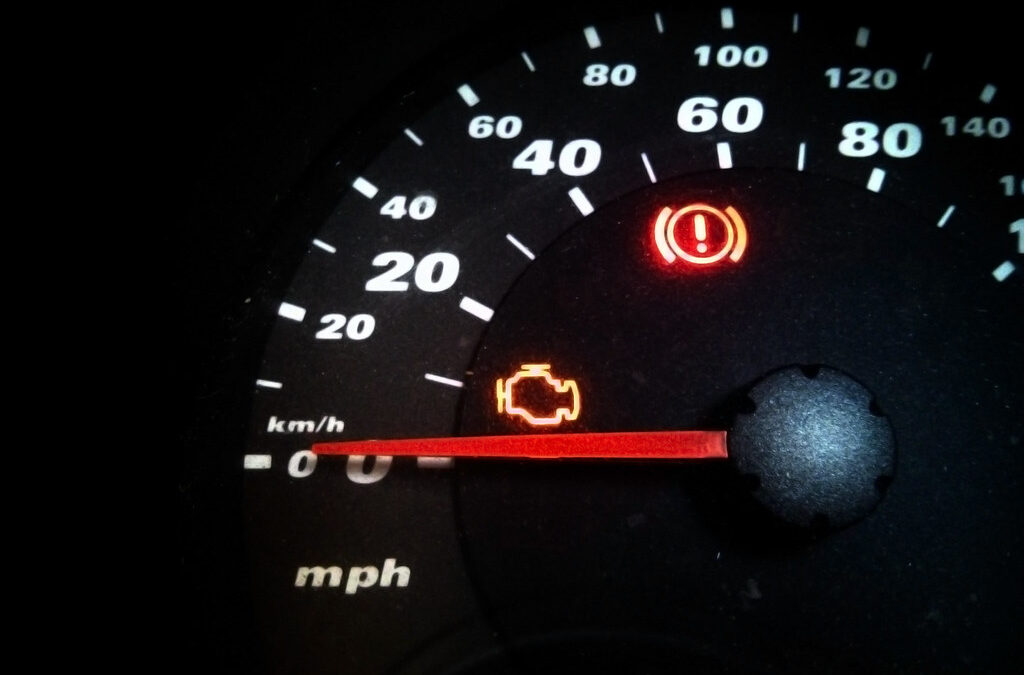The check engine light, also known as the malfunction indicator lamp (MIL), is one of the most dreaded symbols that can appear on your car’s dashboard. When this light illuminates, it can cause immediate anxiety and worry for many drivers. While a steady check engine light indicates a problem that should be addressed, a flashing check engine light requires immediate attention. In this article, we will explore what a flashing check engine light means and why it should never be ignored.
Firstly, it’s important to understand that the check engine light is part of your vehicle’s onboard diagnostics system. It is connected to various sensors and systems within your car, constantly monitoring their performance. When the system detects a potential issue or a fault, it triggers the check engine light to alert you.
So, what does it mean when the check engine light starts flashing? Unlike a steady light, a flashing check engine light indicates a severe problem that needs immediate attention. It typically signifies a misfire in the engine, which can be caused by a variety of issues such as a faulty ignition coil, a clogged fuel injector, or a malfunctioning oxygen sensor. Ignoring a flashing check engine light can lead to further damage to your engine and other components, potentially resulting in costly repairs.
In addition to engine misfires, a flashing check engine light may also indicate other serious problems, including a failing catalytic converter, a malfunctioning mass airflow sensor, or a damaged spark plug. These issues can affect your vehicle’s performance, fuel efficiency, and emissions, making it important to address them promptly.
When your check engine light starts flashing, it is crucial to take immediate action. Here’s what you should do:
- Safely pull over: If you’re driving when the light starts flashing, find a safe place to pull over as soon as possible. Continuing to drive with a flashing check engine light can potentially cause further damage to your vehicle.
- Check for obvious issues: Before calling a professional, take a moment to inspect your vehicle for any obvious signs of trouble, such as loose or damaged wires or a loose gas cap. While these may not always be the cause of the problem, they are simple issues that you can fix yourself.
- Seek professional help: Contact a trusted automotive service center or mechanic to diagnose and repair the issue. They have the expertise and diagnostic tools to identify the exact cause of the flashing check engine light and perform the necessary repairs.
Remember, a flashing check engine light is not something to be ignored or taken lightly. It is a warning sign that should be addressed promptly to prevent further damage to your vehicle. Regular maintenance and prompt attention to any issues can help keep your car running smoothly and extend its lifespan.
If you have more questions or need assistance with your check engine light, give us a call today at Walkers Automotive. Our experienced team is ready to help you diagnose and resolve any issues, ensuring the health and reliability of your vehicle.
Take action now and ensure the safety and performance of your car. Give us a call at Walkers Automotive today!

